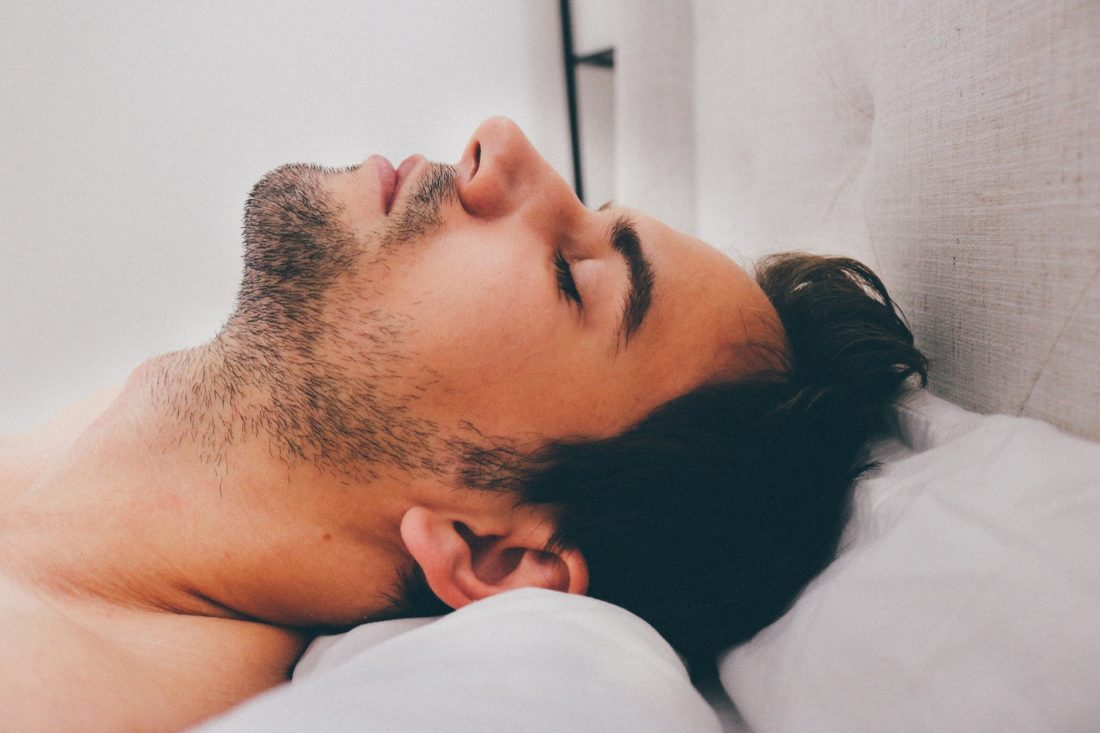
Why It’s Good to Sleep in on the Weekends
How are your sleeping habits? Are you an early, or late riser? Do you get more than 8 hours of sleep a night? Do you tend to sleep in on the weekends? And how does all of this affect your health?
Scientists have been studying the body’s behavior when asleep for a long time. Thousands of years, in fact. The earliest recorded scientists to try studying it may have been Greek. Of course, thousands of years ago, lacking the technology that we have today, they could only philosophize and share ideas or theories, leaving it up to a lot of mystery. For hundreds of years, physicians studying sleeping persons thought that their brains were, in fact, inactive during this part of the day or night.
Only since the mid 20th century were we able to tap into a greater understanding of the body and brain’s function during those sleeping hours. And it’s only been in the last 60 years that we have had proof of how the brain remains active during sleep.
Scientific Research on the Importance of Sleep
While we can all agree that extra sleep after a long night on the town feels amazing, is there proof that a few more hours of shuteye is good for our body? Torbjorn Akerstedt is a psychologist and director of the Stress Research Institute at Stockholm University. He has published the Journal of Sleep Research. In the study, over 38,000 people in Sweden were monitored over a span of 13 years. The scientists wanted to study on their weekend vs. weekday sleeping habits. One alarming thing that the researchers found was a higher risk of earlier death in the folks who slept less than 5-8 hours a night. “It seems like you actually can compensate by catching up on sleep during weekends, confirmed Åkerstedt, after the study.
How Sleep Affects Physiological Changes in the Body Brain Activity
Harvard University has also done numerous studies on sleep and even created an interactive Sleep Lab to explore sleep patterns and depth. Using the interactive lab, anyone can get a deeper understanding and first-hand look at sleep during different ages and stages of the human body.
During the times when our bodies are awake, various factors such as blood pressure, oxygen levels, and glucose are a constant. When sleeping, the body does not have the same demands for certain functions. The heart rate may vary or slow down, and the blood pressure may drop.
You can look at your sleeping habits as a way that your body naturally gets to recharge. The less “battery juice” you have to run on, the less efficient you’ll be during the times you need to be your best.
So if you have an exam coming up, a job interview the next day, or a hot date to impress, don’t skimp on sleep in the days leading up to it. Of course, some people find that they are more creative in the night. This is when they feel at the height of consciousness.
It is important to find the habits that work best for you. If you do not have sufficient time to sleep in during the mornings, for example, go to bed a little earlier the night before. Turn down your lights and all screen devices to ensure you are the most relaxed. Your sleep habits and sleep schedule can also be affected by the way you care for your body. The products you use, including hair restoration or shampoo products, the chemical, and your diet all have an impact on your bodily functions. Be mindful of your habits, and how you can improve in every aspect of your life–whether sleeping or awake.

